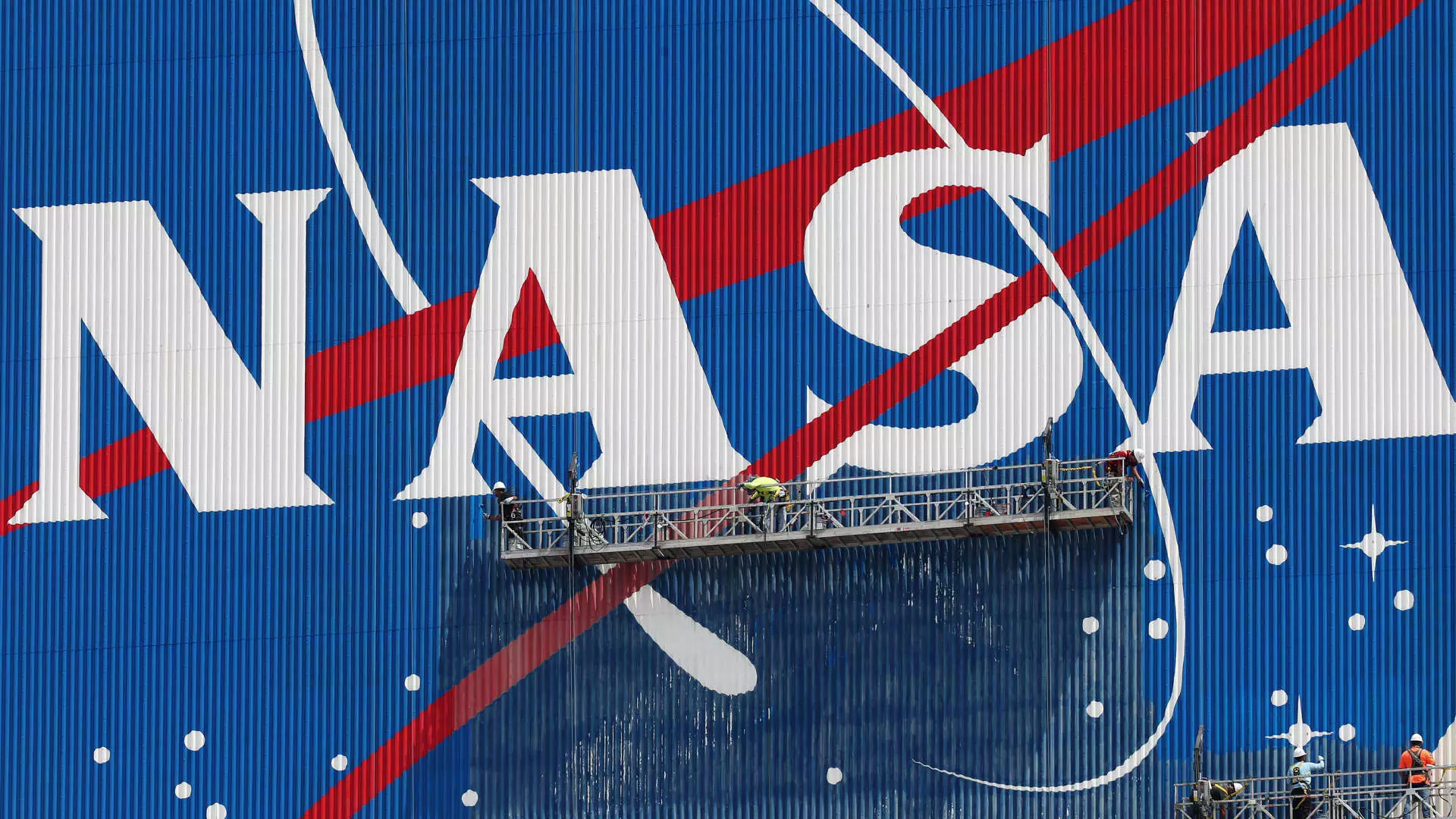NASA’s recent decision to broadcast live space events on Netflix might seem like a space-age publicity stunt, but it reveals much deeper implications about public engagement and the commercialization of space narratives. This alliance moves beyond mere accessibility; it signals NASA’s acknowledgment that traditional methods of outreach are insufficient for captivating today’s global, digitally saturated audience. While the agency insists its content remains free and ad-free on its own platforms, venturing onto Netflix’s mammoth stage with over 700 million subscribers is a strategic embrace of mass consumer culture to reclaim relevance in the increasingly crowded cosmos of entertainment.
Public Service Meets Private Platform: An Uneasy Marriage
The National Aeronautics and Space Act of 1958 mandates NASA to disseminate the story of space exploration to the widest audience possible. Yet, the choice to piggyback NASA’s iconic programming on Netflix—a subscription-based, profit-driven service—raises valid questions. This partnership may democratize access for many, but what does it say about the public institution’s reliance on private media conglomerates to fulfill a public mission? There is an uncomfortable tension here: NASA’s solemn mandate to inform and inspire could be compromised by the pressures of commercial platforms whose primary interest lies in subscriber retention and advertising revenues. While NASA+ remains the ad-free hub, its arguably limited reach pales next to Netflix’s vast ecosystem. Thus, NASA’s move seems less a triumph for public education and more a tacit concession to market forces dictating public discourse.
Contextualizing This Move Within the Space Industry’s Corporate Boom
The timing of this collaboration is telling. With SpaceX orchestrating an unprecedented surge in commercial rocket launches—81 in just the first half of 2025 alone—and retaining its unique role ferrying astronauts to the ISS, the boundaries of space exploration are shifting rapidly. NASA may see this Netflix deal as a means to bolster public interest amid an era dominated by private players who arguably capture more headlines and public imagination than the government agency itself. The risk? NASA might increasingly sound like a PR arm for the burgeoning commercial space race, allowing the glamor of private ventures to eclipse its own scientific and exploratory missions.
What This Says About Modern Storytelling—and Control
The choice of Netflix also symbolizes a shift in how narratives of discovery and technology are curated. Instead of controlling its own flow of information, NASA is effectively outsourcing its storytelling to a platform tailoring content to entertain rather than educate. This raises concerns about how scientific facts and space exploration achievements are packaged—will they be diluted into easily consumable snippets designed to generate clicks and binge sessions, or can the core values of inquiry and discovery withstand such treatment? As a center-right liberal observer, I assert that while embracing innovation and public-private partnerships is essential, there must be unwavering commitment to transparency and intellectual rigor. NASA must resist the temptation to cater solely to mass-market tastes at the expense of nuanced, thoughtful science communication.
The Political and Cultural Undercurrents of Space Communication
In a world where information is both weaponized and commodified, NASA’s move onto Netflix embodies the broader struggle over control of knowledge and cultural influence. Rather than a simple broadcast decision, it represents a moment where a venerable public institution enters the turbulent arena of entertainment capitalism. For conservatives who champion free enterprise yet value institutional integrity, this partnership is a double-edged sword: it embodies entrepreneurial spirit but risks undermining the dignity of a national treasure entrusted with humanity’s loftiest ambitions. The challenge lies not in rejecting innovation but in ensuring these alliances serve the public good without succumbing to fleeting entertainment trends or corporate profit motives masquerading as public outreach.

